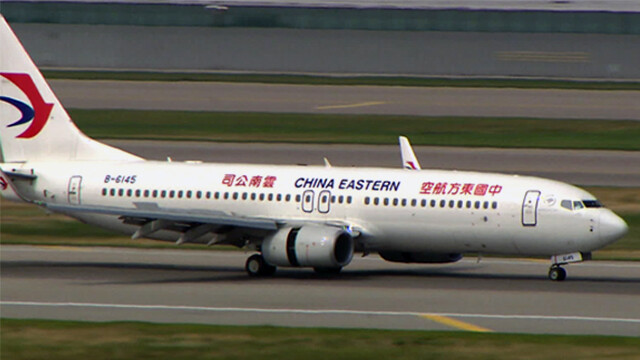
TOKYO/BEIJING – Escalating diplomatic tensions between China and Japan, sparked by controversial remarks from a Japanese official concerning Taiwan, have led to an unprecedented number of flight cancellations, dealing a severe blow to Japan's vital tourism industry. In a move reminiscent of past political-economic frictions, Beijing's informal guidance urging citizens to reconsider travel to Japan has already resulted in the cancellation of nearly half a million airline tickets.
Since November 15, Chinese airlines have reportedly cancelled approximately 491,000 tickets for flights to Japan, accounting for about 32% of all booked reservations on these routes, according to analysis from the South China Morning Post (SCMP) on Tuesday.
Flight Cancellations Dwarf New Bookings
The scope of the cancellations has alarmed industry observers. Aviation analyst Li Hanming noted that the scale of disruption is almost unprecedented outside of the initial phase of the COVID-19 pandemic in early 2020. He highlighted the severity, stating that the number of cancellations has outnumbered new bookings by a staggering 27-to-1.
"82.14% of Sunday flights and 75.6% of Monday flights were affected by the cancellations," Li stated. Compounding the financial impact, approximately 70% of the cancelled tickets were for round-trip travel, suggesting the cost of refunds alone will run into "billions of yuan." During the peak outbreak in 2020, air traffic between China and the rest of the world fell by about 71% year-on-year around the Lunar New Year, according to the World Economic Forum (WEF). Current projections indicate a similarly acute short-term impact on the Sino-Japanese air corridor.
The Diplomatic Catalyst: Taiwan Remarks
The immediate cause of the crisis traces back to comments made by Japanese Minister Takaichi Sanae regarding Japan's potential intervention in the event of a contingency in Taiwan. This sparked a strong rebuke from China’s Foreign Ministry and was quickly followed by a directive, interpreted as an official travel advisory, urging Chinese nationals to exercise caution when traveling to Japan.
In response, major Chinese state-owned carriers, including Air China, China Southern Airlines, and China Eastern Airlines, alongside four other airlines, have begun offering full refunds or free rescheduling for bookings made before the end of December.
A $20 Billion Economic Threat to Japan
The fallout is not confined to the aviation sector. Analysts are predicting a devastating ripple effect across Japan's broader economy. Nomura Research Institute estimates that a sharp decline in Chinese tourism could inflict a potential loss of up to ¥2.2 trillion (approximately $20 billion) on the Japanese economy.
This colossal figure reflects the critical role Chinese tourists play as the cornerstone of Japan's inbound tourism industry. According to the Japan National Tourism Organization (JNTO), Chinese visitors had been surging in 2025, with 6.7 million arrivals recorded between January and August, and 7.49 million between January and September. This rapid growth now faces an immediate and sharp reversal, threatening a systemic shock to hotels, retail, and traditional sightseeing sectors across the country.
Cultural and Content Curbs Expand
The 'Japan Restriction Order' (Han-Il-Ryeong, 限日令) is also extending beyond travel and trade, mirroring Beijing's past use of soft-power controls in geopolitical disputes. Chinese state media reports indicate that several Japanese animated films have been postponed or cancelled for release in Chinese cinemas.
China Central Television (CCTV) reported that the releases of popular animated features like Crayon Shin-chan and Cells at Work! were indefinitely delayed, citing the need to "consider the audience's sentiments." This pattern follows previous reports that the box office momentum of the Japanese blockbuster Demon Slayer had significantly waned after the Prime Minister’s controversial remarks drew public backlash.
The situation underscores the fragile nature of economic interdependence in the face of deep-seated geopolitical rivalries. As the diplomatic standoff continues, the economic costs for both the Chinese carriers and the Japanese tourism industry are expected to mount, creating a protracted crisis with far-reaching consequences.
[Copyright (c) Global Economic Times. All Rights Reserved.]




























